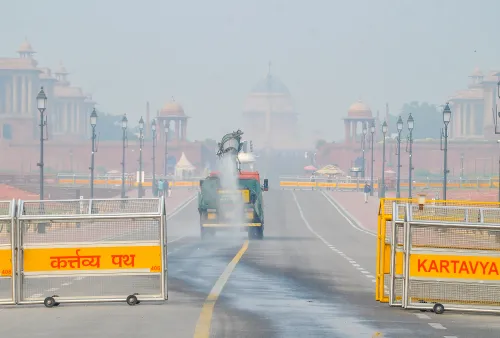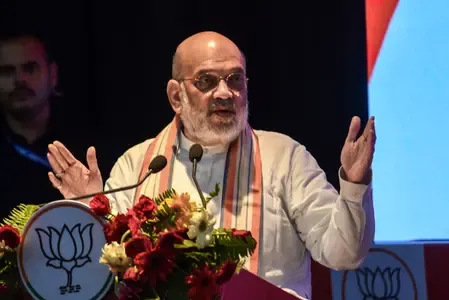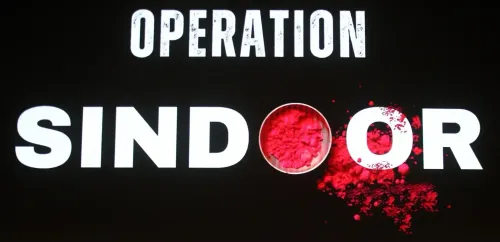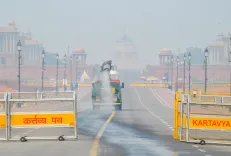Will the SC Address Challenges to Electoral Rolls Revision in Bihar?
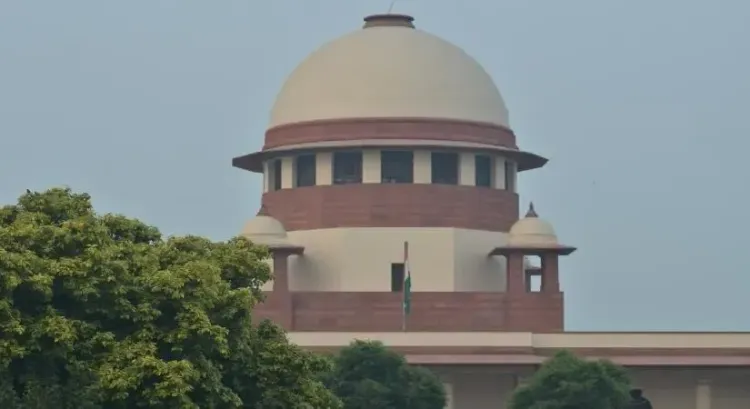
Synopsis
Key Takeaways
- Supreme Court to hear petitions against electoral roll revisions.
- Potential disenfranchisement of voters in Bihar is a major concern.
- Demands for intervention from various legal experts.
- First-time requirement for voters to prove eligibility raises questions.
- Article 326 emphasizes adult suffrage rights.
New Delhi, Jul 10 (NationPress) The Supreme Court is set to consider a series of petitions on Thursday that contest the Election Commission’s directive to revise electoral rolls in Bihar, ahead of the upcoming elections.
According to the causelist available on the Supreme Court's official site, a Bench comprising Justices Sudhanshu Dhulia and Joymalya Bagchi will deliberate on this issue today.
Earlier this week, the Justice Dhulia-led Bench agreed to expedite the hearing of these petitions after a group of attorneys, including prominent senior advocates Kapil Sibal, Abhishek Manu Singhvi, Gopal Sankaranarayanan, and Shadan Farasat, requested urgent attention to the matter.
Multiple petitions filed in the apex court argue that if the June 26 order by the Election Commission, which mandates a Special Intensive Revision (SIR) of electoral rolls in Bihar, is not overturned, it could lead to the arbitrary disenfranchisement of millions of voters and compromise the integrity of free and fair elections—an essential element of the Constitution's basic structure.
In her petition, Trinamool Congress (TMC) MP Mahua Moitra expressed concerns that a similar revision process could be implemented in West Bengal, urging the Supreme Court to prevent the Election Commission from issuing analogous directives for SIR in other states.
Moitra, represented by advocate Neha Rathi, claimed that this is the first instance in India where the election authority is requiring voters, who are already registered and have voted multiple times, to reverify their eligibility.
The petition states that the requirement for voters to submit documentation to prove their eligibility is “absurd”, as they have already participated in various elections based on their established status.
In the midst of this debate, the Election Commission on Wednesday shared a quote from Article 326 of the Constitution of India on social media, seemingly to defend the ongoing SIR process in Bihar as the Assembly elections approach.
“Elections to the House of the People and to the Legislative Assembly of every State shall be conducted based on adult suffrage; every citizen of India, aged twenty-one or above, who is not disqualified under the Constitution, is eligible to be registered as a voter,” the Election Commission stated.


